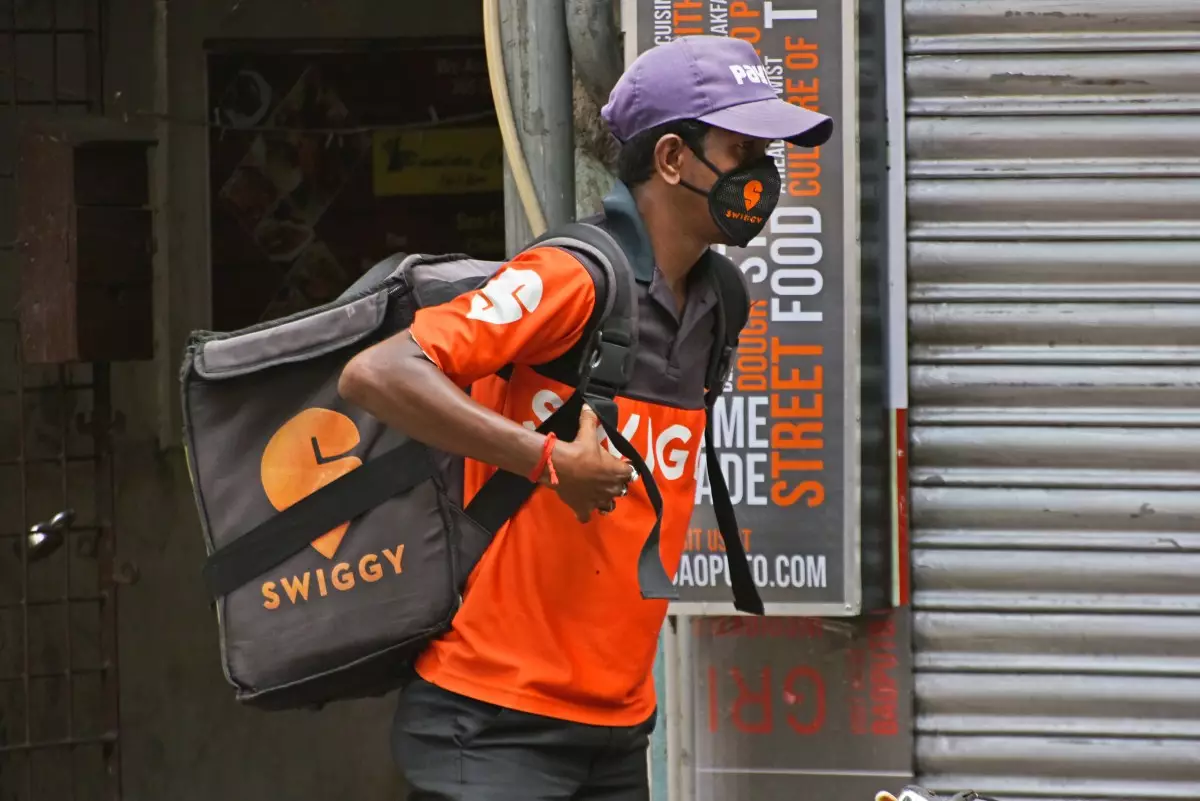In an era where instant gratification has become the norm, food delivery platforms are evolving rapidly to meet consumer demands. The latest development comes from Swiggy, one of India’s foremost food delivery services, which has launched a revolutionary initiative called Bolt. This new service promises meal deliveries in just 10 minutes across major metropolitan areas, thereby accelerating the already booming quick-commerce sector in the country. As Indian consumers increasingly favor quick, efficient services, Swiggy’s Bolt aims to transform dining experiences and further its position in a highly competitive market.
To make its ambitious 10-minute delivery promise a reality, Swiggy has formed partnerships with over 2,700 restaurants, encompassing well-known global chains such as KFC, McDonald’s, and Starbucks. This strategic move not only enhances the variety of offerings but also ensures that popular items that can be prepared quickly remain the focus for urgent delivery. The service operates efficiently within a 2-kilometer radius, making it well-suited for urban centers where speed is crucial. Rohit Kapoor, the head of food delivery at Swiggy, has emphasized that the service is designed especially for commonly ordered items like coffee, burgers, and biryani, which align perfectly with consumer habits.
Swiggy’s evolving capabilities reflect a broader trend where delivery times have substantially decreased over the past decade. Kapoor noted that a decade ago, their service revolutionized food delivery by reducing average wait times to around 30 minutes. Now, with Bolt, the company aims to cut that time significantly, enabling even quicker access to favorites. This evolution illustrates not only technological advancements but also a deeper cultural shift towards instantaneous service gratification among Indian consumers.
The introduction of Bolt intensifies competition in India’s fast-paced quick-commerce market, which has witnessed phenomenal growth, doubling over the last year. Swiggy now finds itself in direct competition with other platforms like Zomato’s Blinkit, Instamart, and newer players such as Zepto and BigBasket. These companies are reshaping shopping behaviors, gradually training users to anticipate rapid deliveries across diverse product categories—not just food. This trend is notably impactful in urban settings where consumers seek urgent solutions for everyday needs.
The quick-commerce frenzy has far-reaching implications for both traditional e-commerce and food delivery sectors. Market analysts suggest that the rise of quick-commerce services is beginning to siphon off business from established e-commerce giants. Flipkart, for instance, has recently introduced its own quick-commerce service in a bid to keep pace with the evolving market. As Swiggy prepares for an initial public offering in the coming month, the success of the Bolt service could significantly influence investor sentiment and the broader perception of the quick-commerce landscape in India.
Swiggy’s Bolt initiative marks a pivotal shift in the food delivery market, setting a higher standard for service speed and efficiency. By tapping into the rising demand for prompt delivery and strategically aligning with popular restaurants, Swiggy is not only enhancing convenience for consumers but also positioning itself fiercely against competitors. As the quick-commerce battleground intensifies, the true test for Swiggy and similar firms will be their ability to sustain quality service amidst the rapid pace of consumer expectations. The future of food delivery in India looks exciting, promising greater innovation and faster solutions for hungry customers.

